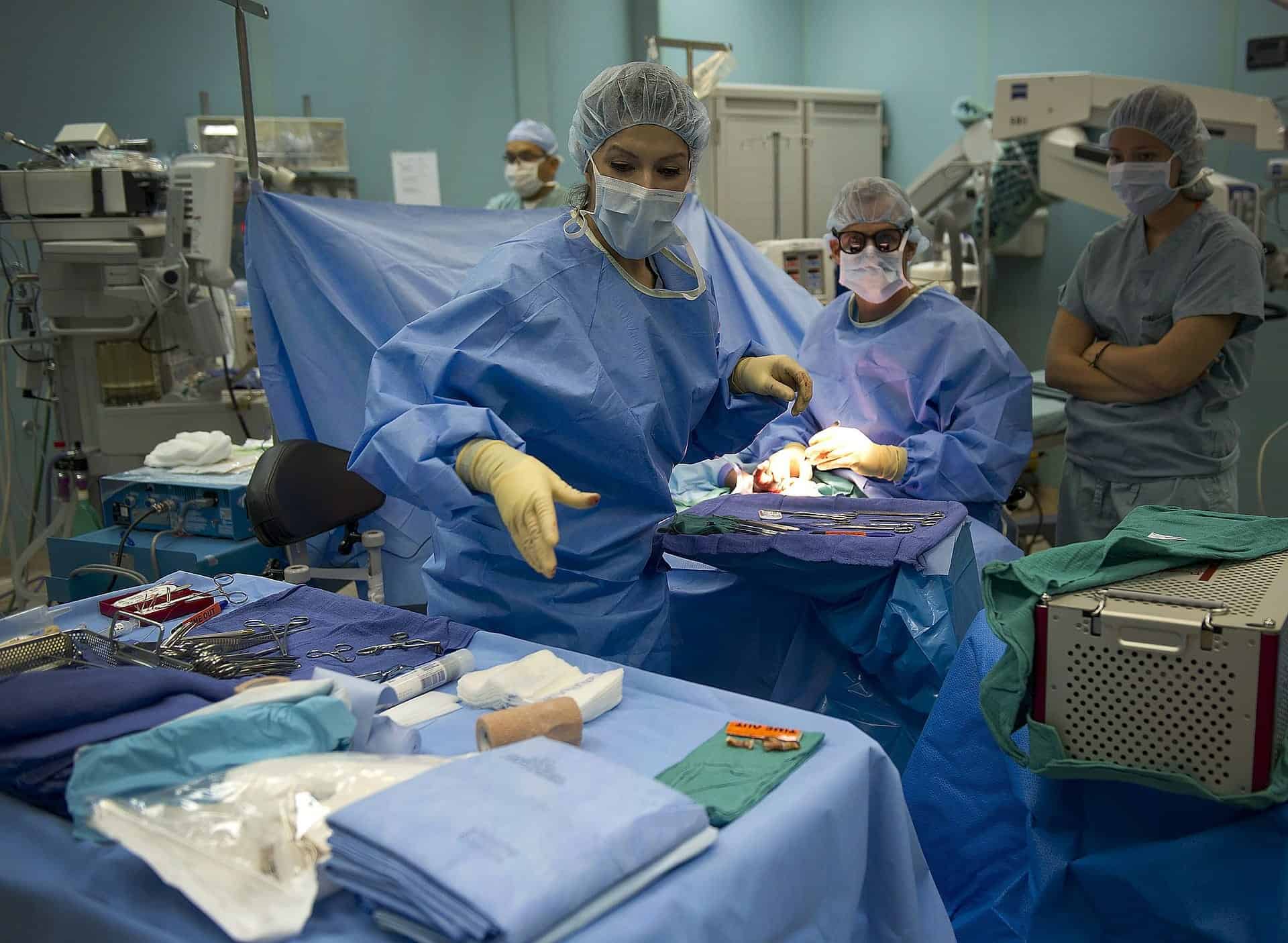

Back pain is not an uncommon ailment, especially for individuals who work in the construction, manufacturing and healthcare service industries. It's also not uncommon to postpone or avoid surgery for back pain, but once your acute back pain becomes chronic and you've exhausted all management and treatment options, surgery may be the best choice for you.
Unfortunately, with surgery comes the risk for complications. While some complications are minor or temporary, other complications can be major and permanent. This means that you may be in the hospital multiple times after your initial surgery to treat these complications.
Conservative Treatment of Back Pain
Before jumping straight to back pain surgery, consider using conservative management to treat your back pain. These non-surgical options include using physical therapy, applying ice and heat, staying physically active on a regular basis, stretching and strengthening your muscles and taking pain relievers as needed.
If surgery is your only option, there are a few steps you can take to minimize the risk of complications from surgery. Before setting a date for surgery, meet with your primary care provider to ensure you are healthy enough for surgery. If you are a smoker, stop smoking. Notify your doctor if you're currently suffering from any infection. Finally, postpone your surgery if you can in order to improve your health and weight. Complications from back surgery are more likely to occur in overweight patients.
If you or someone you love suffers from ongoing complications from back surgery, the team at Dugan & Associates is ready to look at your case. Our team of experienced workplace injury lawyers will make sure you receive the maximum monetary compensation available to you. Give us a call at 412-353-3572 or contact us online today for your free consultation
"*" indicates required fields